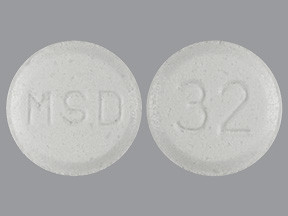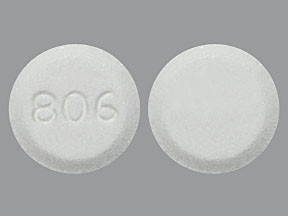IVERMECTIN - ORAL
PHONETIC PRONUNCIATION: (EYE-ver-MEK-tin)
COMMON BRAND NAME(S): Stromectol
GENERIC NAME(S): ivermectin
Uses
USES: This medication is used to treat certain parasitic roundworm infections. Curing parasitic infections helps to improve your quality of life. In people with weakened defense (immune) systems, curing roundworm infections can reduce the risk of developing a severe or life-threatening infection. Ivermectin belongs to a class of drugs known as antihelmintics. It works by paralyzing and killing parasites.
How to use IVERMECTIN - ORAL
HOW TO USE: Take this medication by mouth with a full glass of water (8 ounces or 240 milliliters) on an empty stomach at least 1 hour before a meal. Ivermectin is usually taken as a single dose or series of doses, or as directed by your doctor. Dosage is based on your weight, medical condition, and response to treatment. Tell your doctor if your condition persists or worsens.
Side Effects
Precautions
Interactions
Overdose
Images
Reviews
Faq for IVERMECTIN - ORAL
Ivermectin is primarily used to treat certain conditions caused by parasites, including strongyloidiasis, onchocerciasis, and intestinal strongyloidiasis.
Ivermectin works by paralyzing and killing parasites, affecting their nervous system and muscle function.
When taken in the prescribed dosage, Ivermectin is generally safe for most people. However, it may have potential side effects, so it should only be taken under the supervision of a healthcare professional.
Common side effects of Ivermectin may include headache, dizziness, nausea, diarrhea, and skin rash. It is important to report any severe or persistent side effects to your doctor.
While some studies have shown potential benefits of Ivermectin in treating COVID-19, it is not yet approved or recommended as a preventive measure by health authorities. Consult with your healthcare provider for the most up-to-date guidance.
Yes, Ivermectin is a prescription medication and should only be obtained and used under the guidance of a healthcare professional.
Ivermectin may interact with certain medications, including those used to treat epilepsy or seizure disorders. It is important to inform your doctor about all the medications you are taking to avoid any potential interactions.
Ivermectin should not be taken by individuals with a known allergy to the drug or any of its components. It is crucial to disclose your medical history and any existing conditions to your doctor before taking Ivermectin.
You should take Ivermectin exactly as prescribed by your healthcare provider. It is typically taken on an empty stomach with a full glass of water.
Disclaimer
IMPORTANT: HOW TO USE THIS INFORMATION: This is a summary and does NOT have all possible information about this product. This information does not assure that this product is safe, effective, or appropriate for you. This information is not individual medical advice and does not substitute for the advice of your health care professional. Always ask your health care professional for complete information about this product and your specific health needs.


No Reviews Yet